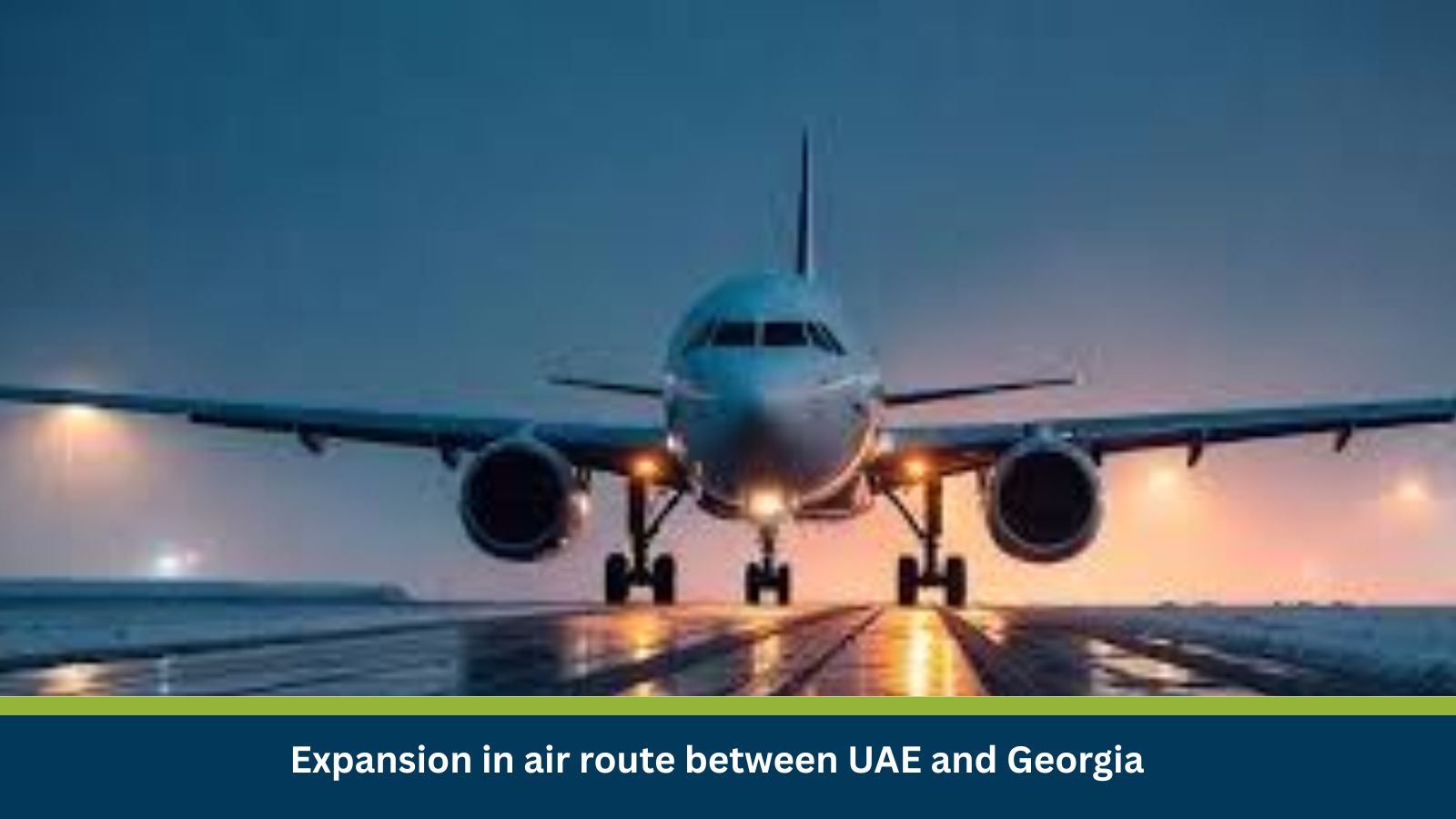What is Risk Analysis in the Context of Travel Risks?
This report assesses the travel risks associated with the expansion of a commercial air route. Travel risks can arise from geopolitical tensions, environmental factors, or operational failures. For the new flights between the UAE, Georgia, and Azerbaijan, this analysis is critical for understanding potential vulnerabilities to external disruptions and for proactive planning to ensure business continuity and passenger safety. Historical events, such as flight suspensions due to regional security concerns, underscore the importance of this analysis.
Executive Summary
- Date of Incident: 07 August 2025
- Location: Tbilisi, Abu Dhabi, UAE, Georgia, United Arab Emirates
- Risk Category: Travel Risks
- Severity Score: 2/5
- Confidence Score: 85%
The announced expansion of air routes by Air Arabia Abu Dhabi to Baku and Tbilisi, commencing Thursday, August 7th, signifies a strategic move to bolster connectivity. This increased operational tempo introduces vulnerabilities to external disruptions. Based on historical aviation incidents in the region, including flight cancellations due to geopolitical tensions, weather advisories, and general operational disruptions, we forecast a low severity for the expansion itself but a moderate severity for potential operational interruptions to these new routes. The period of heightened risk for operational disruptions is ongoing, with short-term (24-72 hours) incidents being the most probable. The confidence in the successful commencement is high, yet the confidence in a complete absence of disruptions is moderate to low.
Known Hotspots and Sensitive Areas
The primary sensitive areas impacted by this event are ‘Zayed International Airport’ (AUH) in Abu Dhabi and ‘Tbilisi International Airport’ (TBS) in Georgia. These airports are critical infrastructure nodes susceptible to operational disruptions from various factors, as evidenced by past advisories amid airspace closures and flight disruptions. Additionally, Heydar Aliyev International Airport (GYD) in Baku is a key location. These airports are high-impact zones, while connecting roadways, such as the Sultan Bin Zayed road in Abu Dhabi, represent medium-impact zones due to potential temporary closures.
Impact on Transportation and Services
- Travel & Mobility: High likelihood of flight delays, cancellations, and rerouting due to operational disruptions. This could be caused by adverse weather, regional airspace restrictions, or technical issues, affecting passenger mobility and travel schedules.
- People Safety: While direct safety risks are negligible, increased flight frequency inherently increases exposure to general aviation risks. This is a low-probability, high-impact risk that is managed by stringent aviation safety protocols.
- Business Operations: The expansion boosts tourism and trade, but vulnerabilities to disruptions pose a risk to business operations, including potential revenue loss from flight cancellations, increased costs from delays, and disruption to supply chains for air cargo.
- Regulatory & Legal: The new routes are subject to necessary regulatory approvals. However, future changes in aviation regulations, security protocols, or air traffic control policies in the UAE, Georgia, or Azerbaijan could impact the long-term viability or operational freedom of these new routes.
Recommended Actions
- Real-Time Monitoring: Establish a dedicated internal communication channel to provide real-time updates on flight statuses, airport advisories, and any travel-related compliance changes for the UAE-Georgia corridor.
- Physical Security: While direct risks are negligible, regional security concerns could necessitate heightened security measures for assets and operations at the affected airports.
- Incident Response: Update corporate travel policies and establish clear protocols for travel itinerary changes due to potential schedule adjustments or advisories. Develop alternative contingency plans for cargo rerouting or diversified shipping methods in case of unforeseen disruptions.
Emergency Contacts
- Police: 999 (UAE) / 112 (Georgia)
- Fire Department: 997 (UAE) / 112 (Georgia)
- Ambulance: 998 (UAE) / 112 (Georgia)
- National Emergency: N/A
Final Thoughts
The baseline scenario is that the expanded air routes will commence as scheduled with minor, typical operational disruptions. A moderate escalation could involve localized weather events or minor airspace restrictions, leading to temporary flight delays or cancellations. A severe escalation, though a low probability, would involve a significant unforeseen event like a major geopolitical tension leading to widespread airspace closures. Businesses should prepare for the baseline scenario while being mindful of the potential for escalation. The need for continuous monitoring and preparedness is paramount to managing the inherent volatility of air travel in the region.
Stay ahead of operational risks with real-time alerts, scenario modeling, and expert advisories with datasurfr’s Predict. Start your 14-day free trial of Datasurfr’s Risk Intelligence Platform today.






